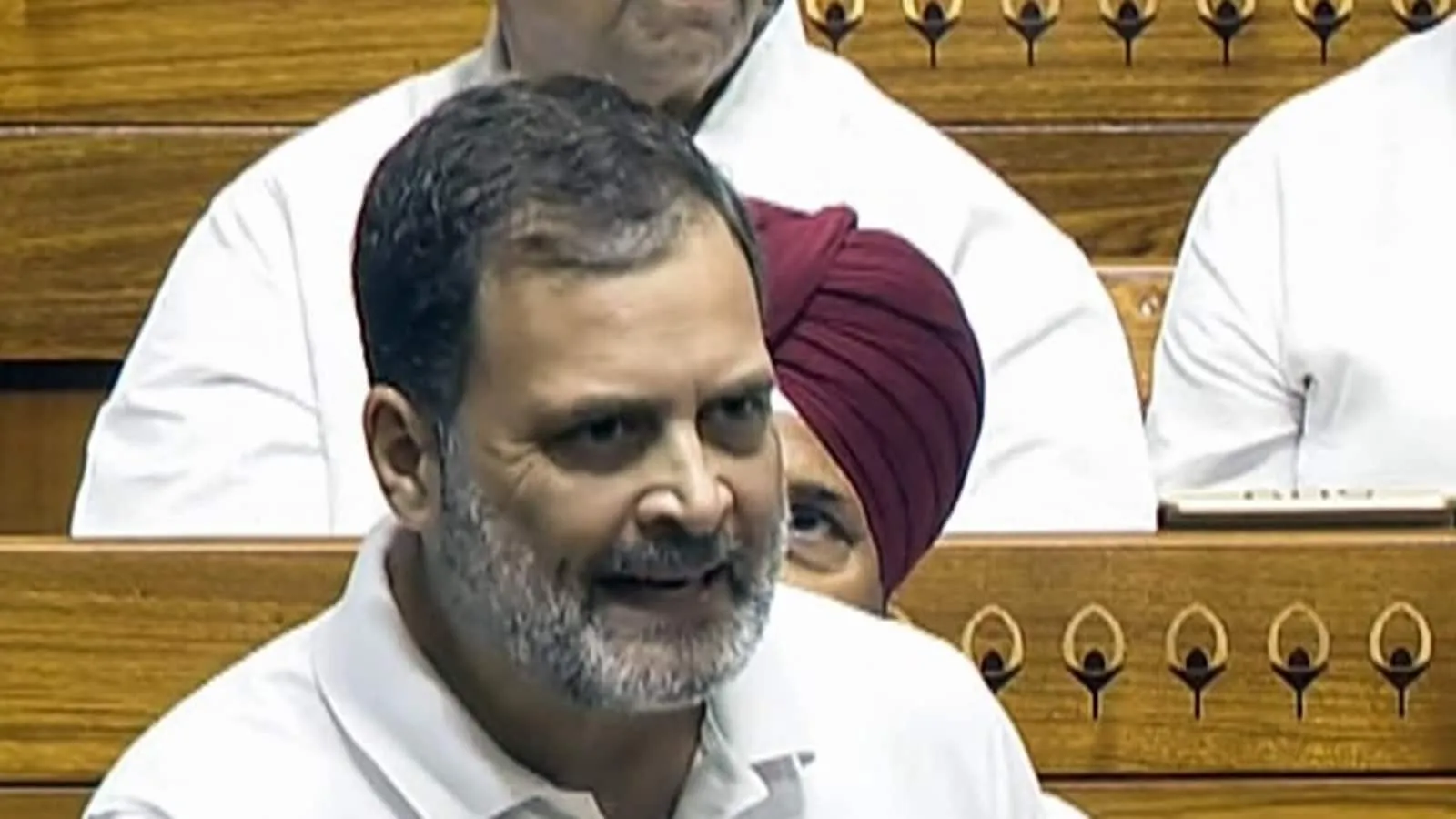The National Education Policy (NEP) 2020 has brought about major changes in the education sector in India to enhance learning outcomes and skill development. The aim is to raise the overall quality of education across the country, preparing students for the future.
Key Changes in NEP 2020
NEP 2020 has introduced new 3 and 4-year Undergraduate (UG) programs with multiple entry and exit options. Students can receive certificates, diplomas, or bachelor’s degrees based on the duration of their program.
The traditional 10+2 structure has been replaced with a new classification under NEP 2020, dividing education into Foundational, Preparatory, Middle, and Secondary categories to tailor learning to the child’s developmental needs.
PARAKH Surveys for Quality Assessment
The policy has introduced PARAKH Surveys to assess the overall education quality through student evaluations. These surveys analyze key skills and competencies among students to identify learning deficits and areas for improvement.
Vocational Education Integration
NEP 2020 aims to integrate vocational education with mainstream academics to enhance practical skill learning. This initiative strives to increase access to vocational education among Indian students.
Indian Knowledge Systems Course
A new elective course on Indian Knowledge Systems is introduced for secondary school students, incorporating ancient Indian wisdom into modern education. This course covers various subjects like Mathematics, Yoga, Medicine, and more.
B. Ed. Program and Teaching Qualifications
As per NEP 2020, candidates aspiring to become teachers must complete a four-year integrated B. Ed. program by 2030. This program includes a dual-major in education and a specialized subject.
These changes outlined in NEP 2020 are set to revolutionize the education landscape in India, making it more comprehensive, skill-oriented, and future-ready.





